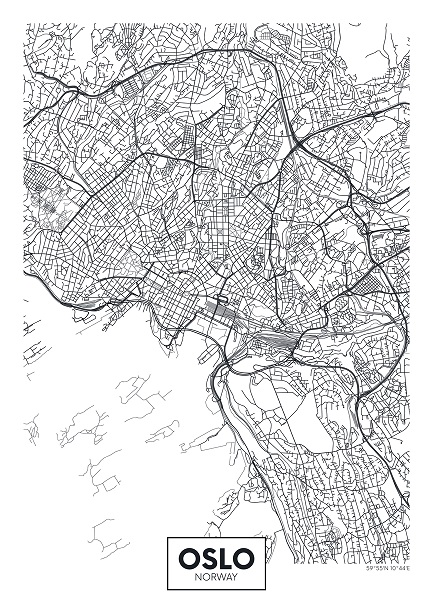Rhetoric as political communication – which we recognize most readily in forms such as campaigning, political debate, and public clashes of opinion – is arguably the lifeblood of any democratic polity. If such forms of communication are not alive and well, one can hardly claim to have a democracy. At the same time, we must acknowledge that democracy is conceived, shaped, and upheld by a myriad of actors in different ways and in a multiplicity of sites.
Such a broad view of democracy presents scholars of rhetoric and communication with new demands. If we, with John Dewey, understand democracy as a “way of life,” prospects open up for studying rhetorical practices embedded in all areas of life, and exploring the contribution they make to the working of democracy – both as an idea and a practice.
To accommodate this undertaking, this course investigates the rhetorical work that goes into making and maintaining democracy in various sites that are not necessarily part of the political system as such, but which are political nonetheless – and which often play a central role in bringing democratic institutions to life. The course urges a broadened scope of what counts as a rhetorical object of study, and explores qualitative fieldwork as well as other ways of studying the rhetorical sites that support citizens’ opportunity to perform, experience, and commemorate democratic participation.
This course focuses on the rhetorical work that makes and maintains democracy and democratic participation in areas such as popular culture, local communities and grassroots organizations, the family, the workplace, archives, public administration, and more.
Activities
Activities at this 4 ½ day course will include:
- A series of cutting-edge lectures connected to the course theme featuring guest lecturers (Ekatarina Haskins, Iben Brinch, Kristine Marie Berg) and UiO scholars (Hilde Reinertsen, Terje Rasmussen, Eirik Vatnøy)
- Discussion sessions focusing on the topics of the course lectures
- Seminar hosted by the Voicing Democracy research group
- Public lecture at the University of Oslo’s event venue, Domus Bibliotheca, by Professor Ekaterina Haskins (Penn State)
Admission and application
The course is primarily designed for PhD candidates in rhetoric and communication but also welcomes candidates from disciplines like media studies, cultural studies, sociology, anthropology, politics, law, and more. The course committee will review applications from any candidate currently enrolled in a PhD program.
Apply here with a short bio and a one-page text about your PhD project and how it relates to the theme of the course no later than 2 April 2024. Applicants will be notified about admission shortly thereafter.
Course Requirements and Credits
Full participation in the course qualifies for 5 ECTS points. This requires the candidate to:
- prepare a presentation of an assigned text
- participate in lectures and discussion sessions
- write a 5000-6000-word post-course essay on a self-chosen topic that draws on the course literature and content.
Participation without the essay component is also an option. This will qualify for 2 ECTS points. Deadline for submission of the essay is 15 September 2024. It will be evaluated with a pass/fail grade. The essays must be in either English or a Scandinavian language.
Reading List and Full Program
A reading list is being assembled by the organizing committee in collaboration with the lecturers. The list will be made available to accepted applicants at the end of March, and will encompass about 500 pages of readings. If you want to suggest a text for the reading list, please email the organizing committee.
A detailed program is forthcoming, and will be made available to accepted applicants at the end of March.
Costs
There is no participation fee, and meals during the course program (i.e. lunch) will be provided. The course also covers the cost of one joint dinner with all the participants. All other costs – including travel and accommodation – must be borne by the candidates.
